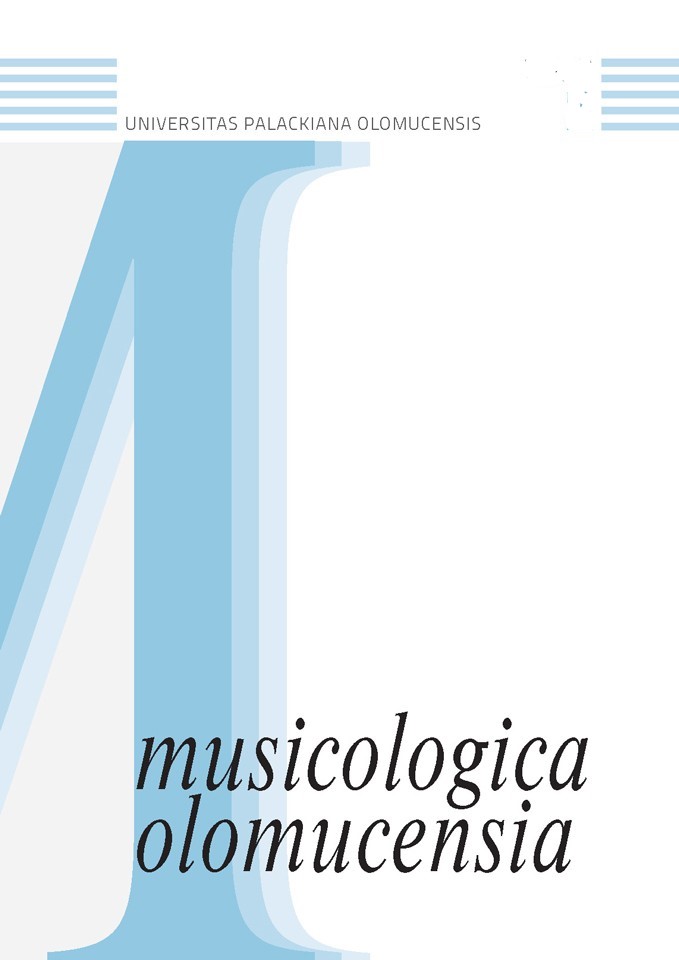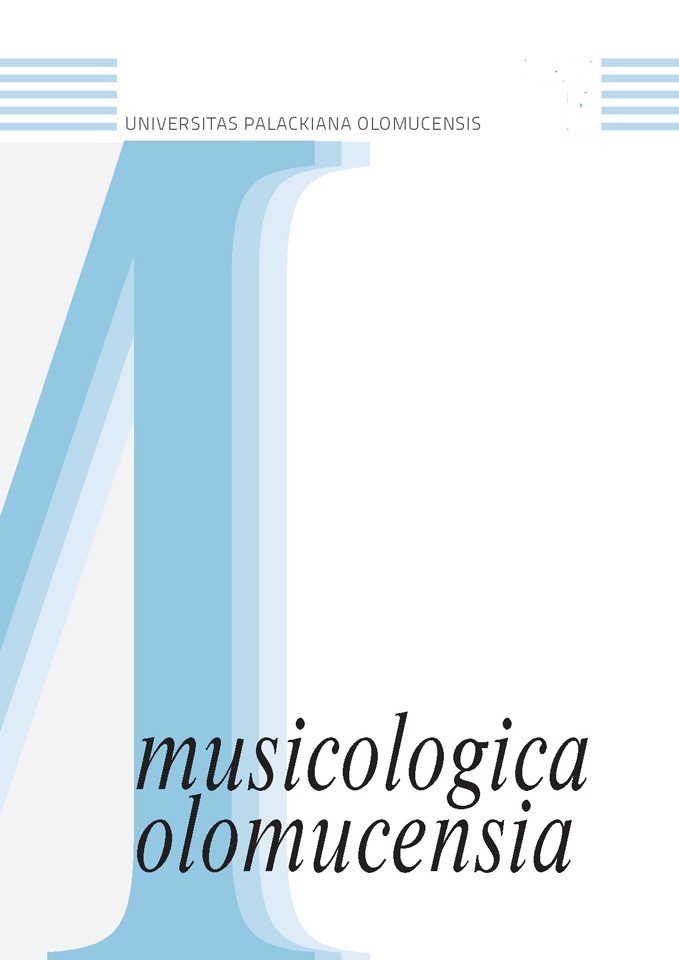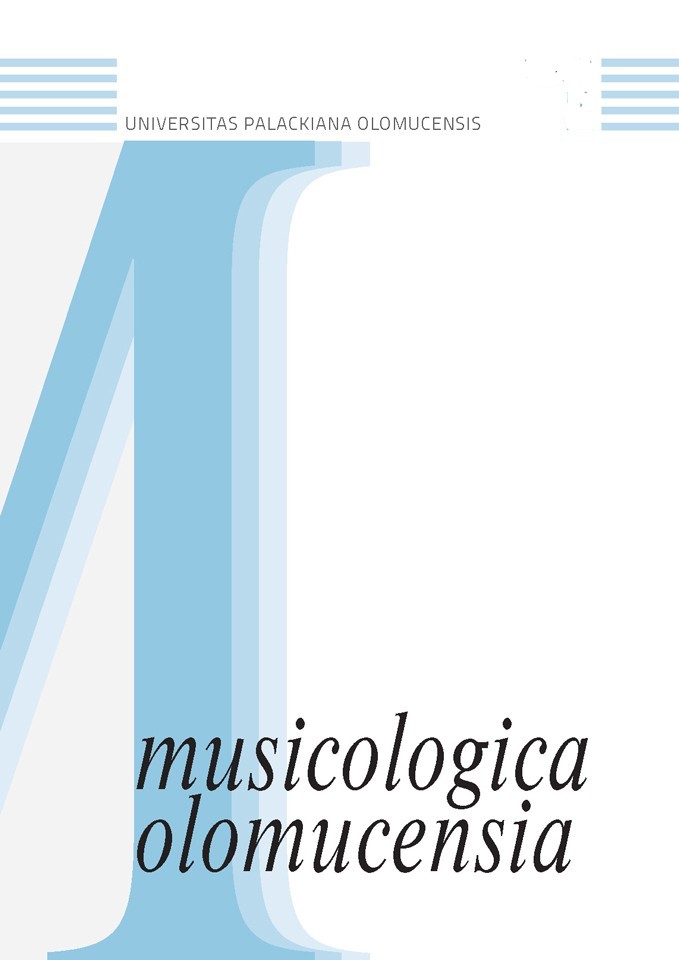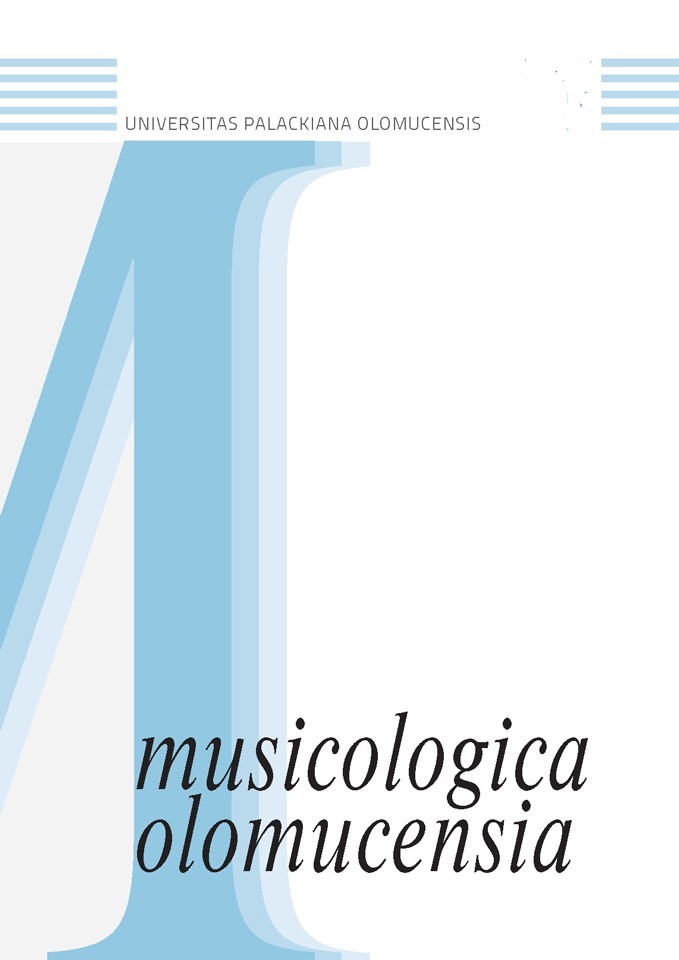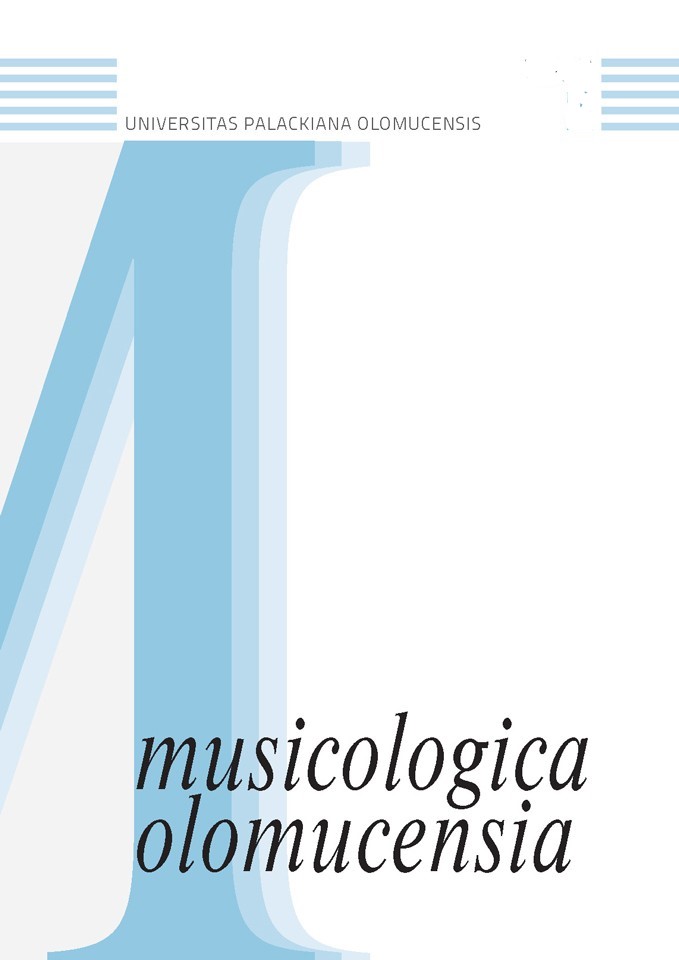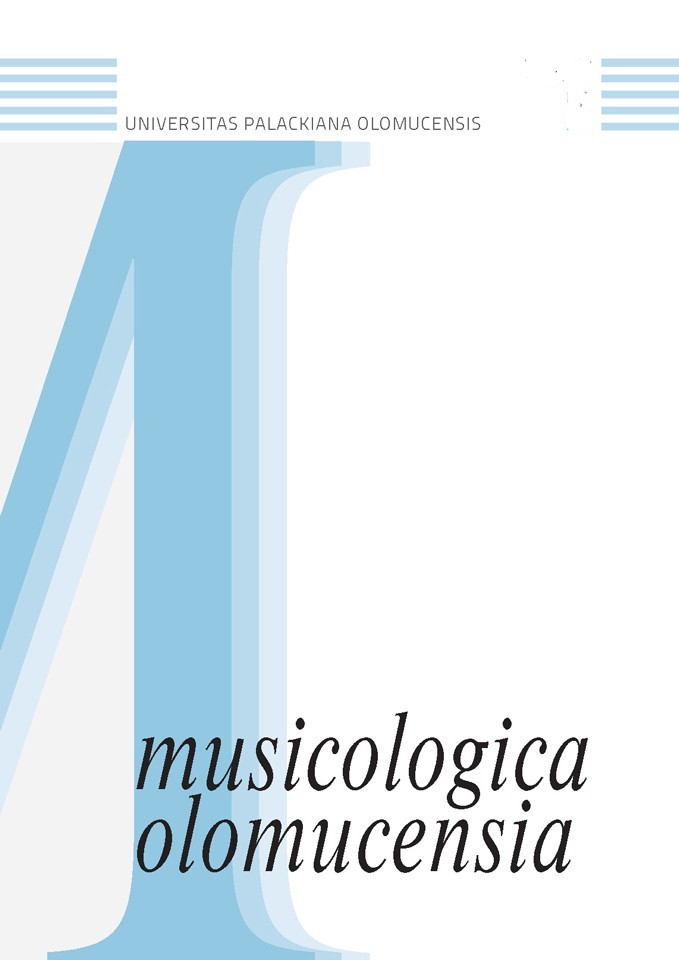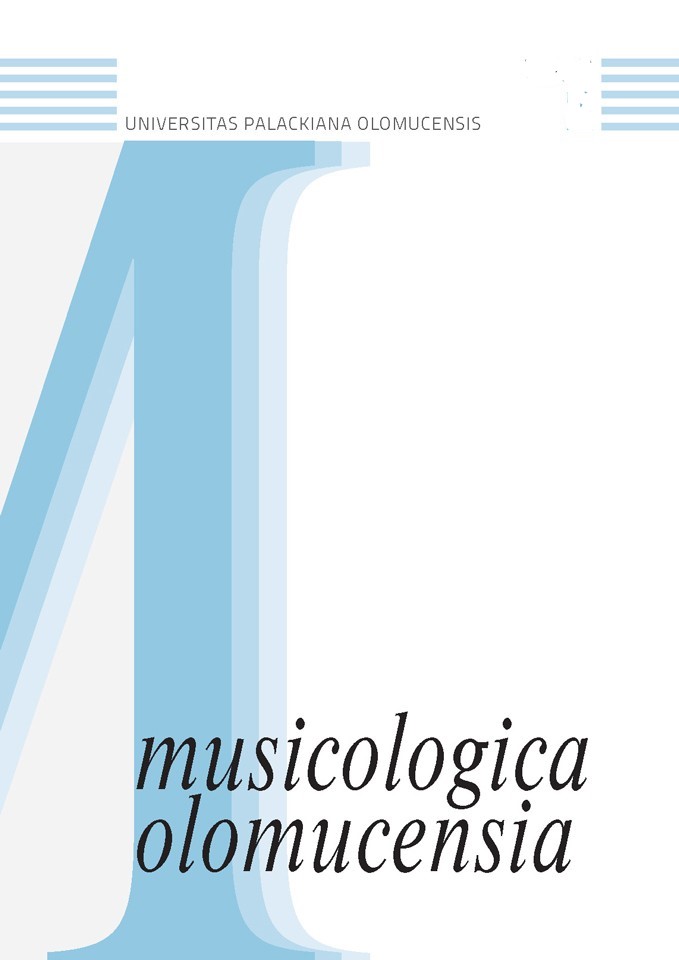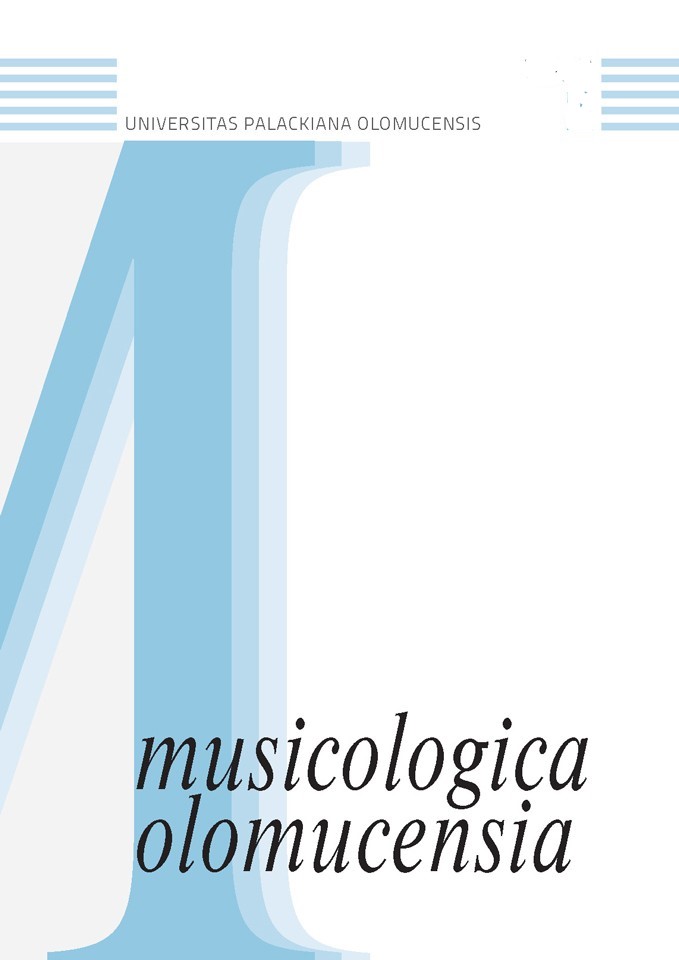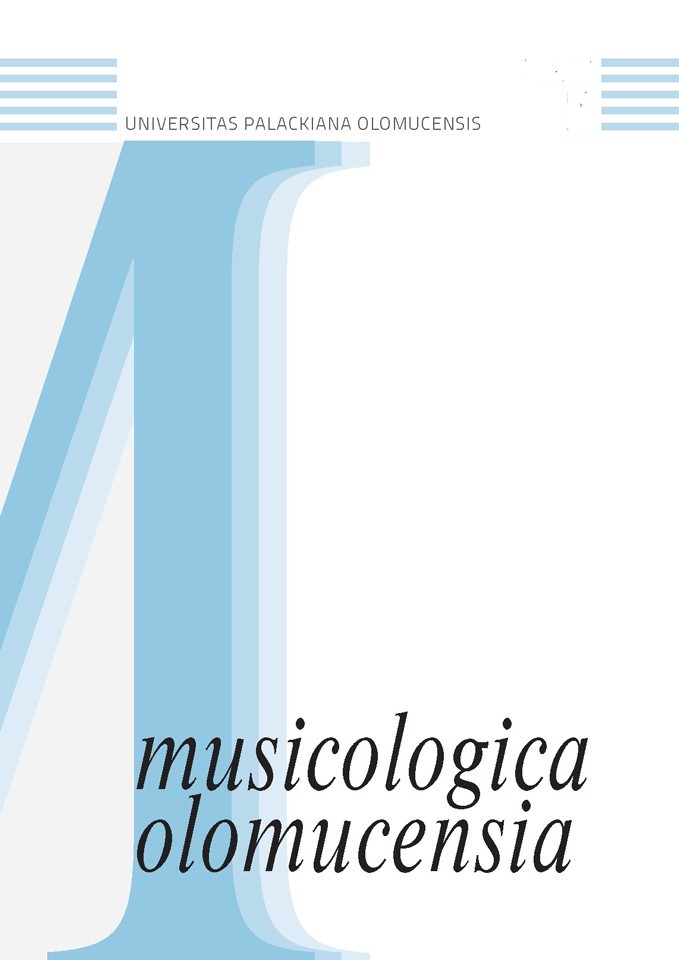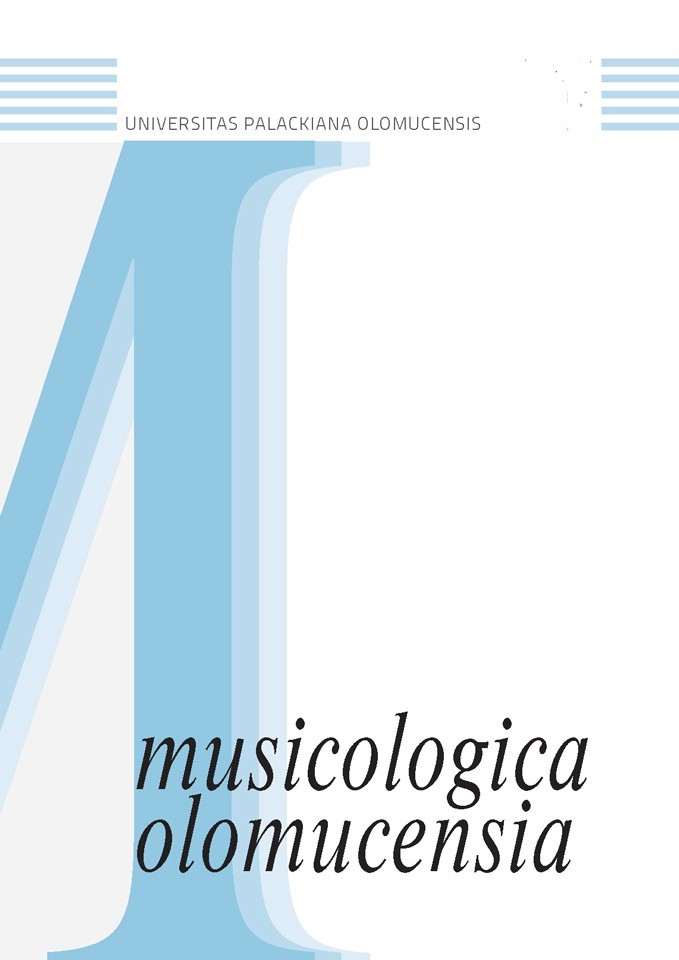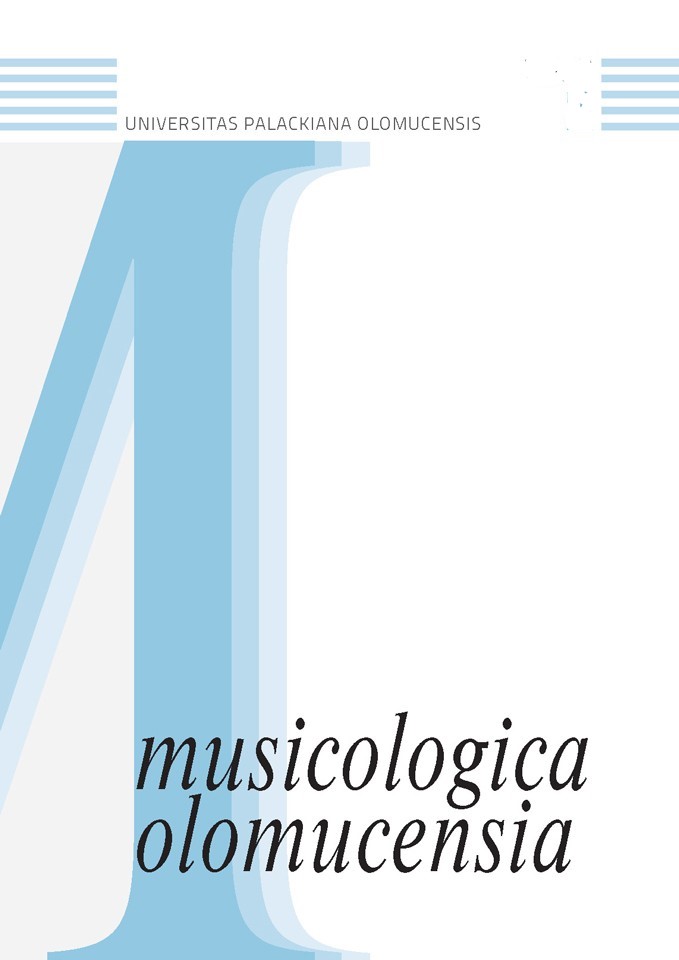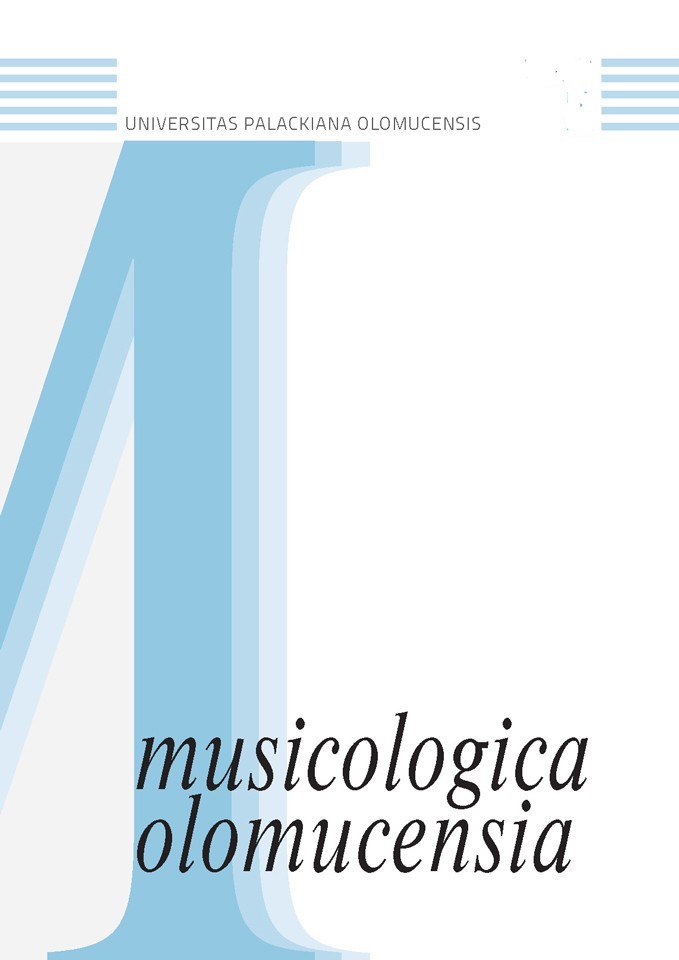Author(s): Lucie Brázdová / Language(s): German
Issue: 1/2011
The Gradual of Česká Skalice, dating back to 1567, is a significant hand-written record kept in the Museum of Božena Němcová, which situated in Česká Skalice. This codex, which is written in Czech and is of a regional character, may be listed among all the other Czech sources. By analyzing it we may contribute to the recognition of the repertoire of utraquistic sources. However, the Gradual of Česká Skalice does not belong to such prestigious codices as the Gradual of Strahov, the Gradual of Chrudim, dating back to 1570, Franus' Hymnbook. The Gradual of Česká Skalice is merely a paper codex the decoration of which is very humble. When reviewing the repertoire of the graduals, it is obvious that the Gradual of Česká Skalice contains only the most basic information. The proprium de tempore is announced; that is the repertoire covering the period from the advent to the office for sins. Offices on sanctification, the Ascension of the Virgin Mary, Sunday and on the Apostles are added to this from the votive masses. The repertoire lacks proprium de sanctis, commune sanctorum, votive masses, cantiones, polyphonic songs and diapason patriamina. To add to that, the Gradual of Česká Skalice contains written-out antiphons about Low Sunday and introits about the fasting Sundays. It is without doubt that the Gradual of Česká Skalice is a matter of local character. The difference is also apparent in the very objective the source was created for. The origin of the Gradual of Česká Skalice was not stimulated by the effort to own an expensive and richly decorated hymnbook, but rather the effort to own such a codex, which would especially serve practical purposes. Therefore, we cannot add it to the prestigious codices when taking into consideration its external and internal characteristics.
More...
